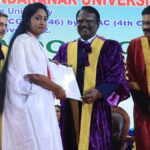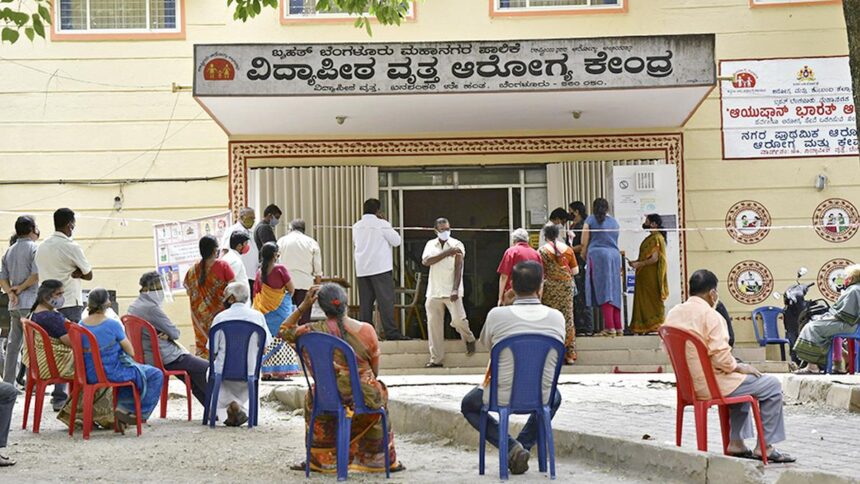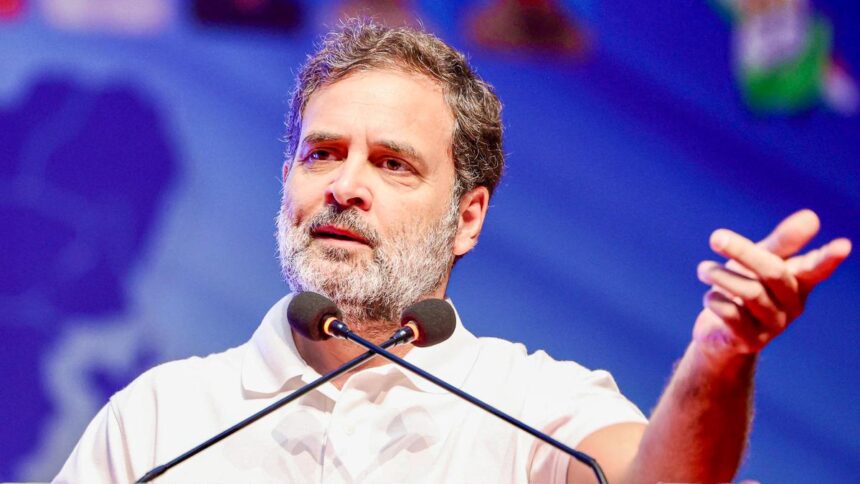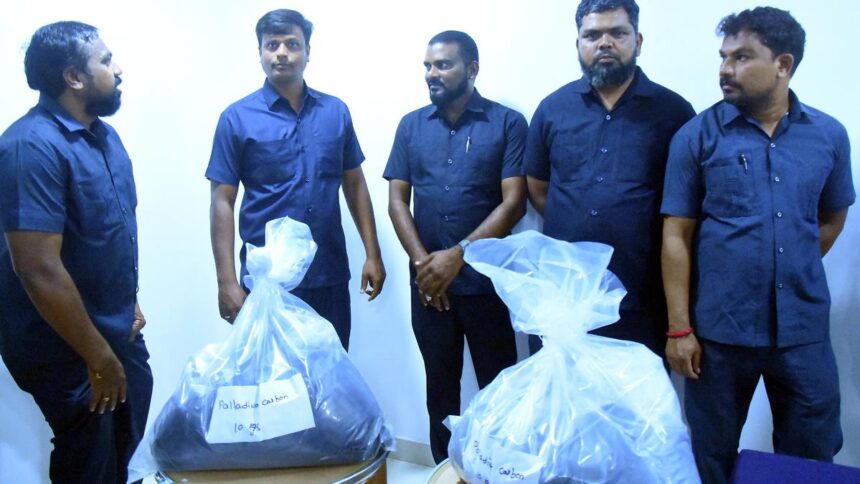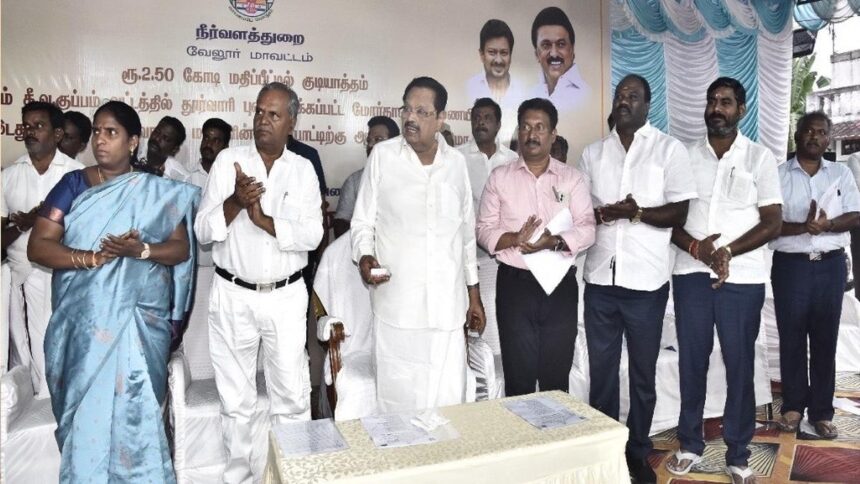
The suo motu case was registered by the apex court after Bar bodies, including the Supreme Court Bar Association and the Supreme Court Advocates-on-Record Association. File
| Photo Credit: The Hindu
The Supreme Court on Tuesday (August 12, 2025) reserved for judgment a suo motu case concerning the summons issued by the Enforcement Directorate (ED) to two senior advocates merely for giving professional advice to their client.
Appearing before a Bench headed by Chief Justice of India B.R. Gavai, Solicitor General Tushar Mehta agreed that no lawyer could be summoned for giving an opinion on a legal issue.
However, Mr. Mehta said if a lawyer had participated in any act beyond his professional duty, amounting to an offence, the “same law which applies to others would apply to lawyers also”.
Mr. Mehta noted that the lawyer’s privilege of not disclosing his communication with his client was a recognised statutory right under Sections 126 – 129 of the repealed Indian Evidence Act, 1872 and continues to be so under Sections 132 – 134 of the Bharatiya Sakshya Adhiniyam (BSA), 2023.
“The scope and ambit of Section 132, 133 and 134 of BSA will have to be decided on a case-to-case basis and it would be hazardous to lay down any broad overarching guidelines, merely because of one stray incident,” Mr. Mehta argued.
The suo motu case was registered by the apex court after Bar bodies, including the Supreme Court Bar Association (SCBA) and the Supreme Court Advocates-on-Record Association (SCAoRA), represented by senior advocate Vikas Singh and advocate Vipin Nair, objected to senior advocates being summoned by investigating agencies, including the ED, for offering legal advice to clients.
Mr. Singh had voiced concern about the “chilling effect” that “arbitrary summoning” could have on the legal profession.
Chief Justice Gavai, earlier in July, had observed the ED was “crossing all limits” even as Mr. Mehta urged the court not to make any “generalised” observations that may fuel a concerted effort to build a narrative against the Central agency.
Published – August 12, 2025 11:36 pm IST




